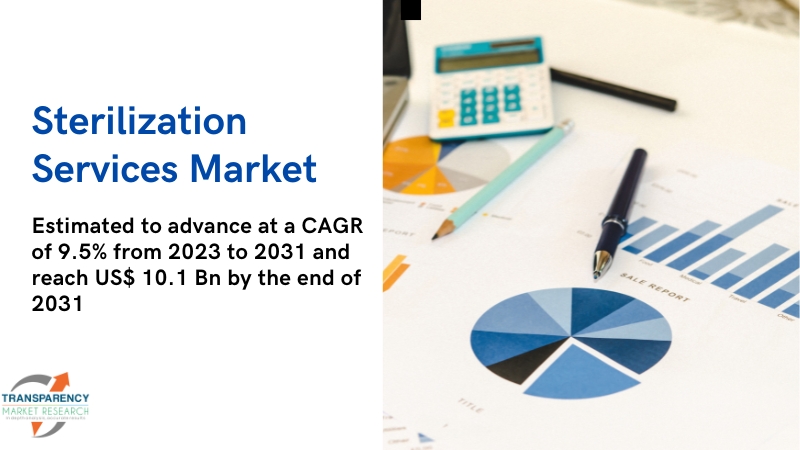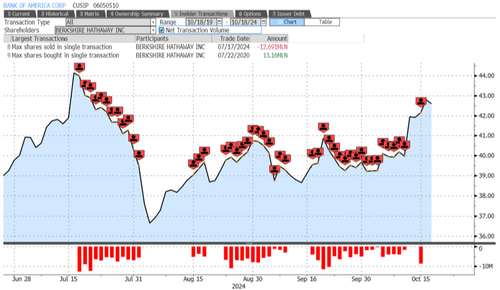
Business moguls Joesley and Wesley Batista’s bid to take over Amazonas Energia, the biggest power distributor in the Amazon region, has run into yet another roadblock. After Brazil’s electric energy agency Aneel rejected the proposal on technical grounds, the Solicitor General’s Office has now added to the opposition, warning that approval of the deal would be tantamount to handing the Batista brothers’ bidding company, Âmbar Energia, a “blank check.” In a legal opinion obtained by The Brazilian Report , the solicitor general warned that the proposal submitted by Âmbar Energia, a subsidiary of the Batista brothers’ J&F group, lacked sufficient guarantees to ensure Amazonas Energia’s financial viability.
The document argues that approving the deal without clear commitments to reduce the company’s enormous debt would leave the government and consumers vulnerable to major financial risks. Amazonas Energia, which supplies electricity to over a million consumers across the state of Amazonas (an area larger than France, Spain, and Sweden combined), has been drowning in debt since it was privatized in 2019. The distributor currently owes more than BRL 10 billion (BRL 1.
84 million), including BRL 4 billion to Eletronorte, a subsidiary of the state-run Eletrobras. Last year, Aneel recommended terminating Amazonas Energia’s concession, citing the company’s financial insolvency and failure to meet performance targets. Rather than stripping the company of its concession, the Luiz Inácio Lula da Silva administration introduced a provisional decree that allowed for a transfer of control to a new operator.
Provisional decrees take effect immediately but must be approved by lawmakers within 120 days, or they become null and void. The government’s move opened the door for Âmbar Energia’s bid, which, if approved, would see the Batista brothers take over operations. However, Aneel’s technical team has cast serious doubts on the viability of the takeover plan, and the solicitor general’s opinion has only amplified those concerns.
In its legal filing, the solicitor general argued that the proposal submitted by Âmbar Energia would essentially leave the agency with no meaningful oversight of the concession’s financial recovery. “In practice, by approving the proposed ‘plan’ without demonstrating a resolution of the debt level, Aneel would essentially be granting a ‘blank check’ for the transfer of the concession, which is inconsistent with the legal mandate imposed on the agency to assess the feasibility of a change in control,” the opinion reads. The Solicitor General’s Office also noted that Âmbar’s plan lacks a comprehensive strategy to address the company’s debt overhang or to ensure its long-term financial sustainability.
The proposal included a conversion of Amazonas Energia’s more than BRL 10 billion in debt into a capital infusion, slated for 2024, but failed to present any clear path forward for how the company would remain solvent in the future. “Simply put, the proposal is incomplete,” the solicitor general continued. “It does not provide any detailed or feasible measures for achieving the economic sustainability required to continue the distribution of energy services in the region.
” The concerns are raised at a time of intense debate within Aneel. Last Friday, the agency’s board of directors hit a 2-2 stalemate in a vote on whether to approve the Batistas’ proposal. Ricardo Lavorato Tili, the board member responsible for reviewing the case, voted against the plan, citing both technical and legal concerns.
He argued that accepting the proposal would saddle Brazilian consumers with nearly BRL 16 billion in additional costs over the next 15 years — double what Aneel’s technical team believes is necessary to stabilize Amazonas Energia. Fellow director Fernando Mosna echoed Mr. Tili’s opposition.
However, two other directors, Sandoval Feitosa and Agnes da Costa, voted in favor of a revised version of the plan, which included a smaller capital infusion of BRL 6.5 billion over the next two years. Despite this revision, the updated proposal still did not satisfy Aneel’s technical requirements.
As a result of the tie, the final decision has been delayed until October 1, when the agency is expected to reconvene. Until then, Amazonas Energia’s fate remains in limbo. Amazonas Energia’s financial instability is not a new problem, stretching back well before its privatization.
It was originally part of a package of six distributors that the Brazilian government transferred to private control in 2017. At the time, all six were owned by Eletrobras and were struggling with severe financial problems. The hope was that privatization would bring much-needed investment and operational improvements, but the reality has been far more complicated.
After the privatization deal, Amazonas Energia was taken over by Oliveira Energia, a local company, but the new owners failed to stem the company’s losses. By 2022, Amazonas Energia had already begun seeking to transfer its operations to a new entity, but a proposal to hand control to Green Energy Soluções was rejected by Aneel last year due to concerns over the buyer’s financial capacity. With the Batista brothers now in the mix, Amazonas Energia’s future is once again up in the air.
Âmbar Energia’s initial proposal suggested a 15-year timeline to resolve the company’s debts, a timeline that Aneel’s technical team deemed excessively long. The technical review also warned that if the current plan were accepted, energy consumers across Brazil would face inflated electricity bills for years to come. In its most recent filing, the Solicitor General’s Office expressed similar concerns, arguing that the plan not only failed to address the company’s debt crisis but also presented an unreasonably long timeline for financial recovery.
The office specifically criticized the proposal’s suggestion of a 15-year grace period for meeting financial efficiency targets, stating that this “violates the principle of legality.” These excessive perks are even more noteworthy due to the involvement of the Batista brothers. In addition to their undeniable business prowess, they are also notorious for their involvement in corruption and scandals.
During the Operation Car Wash investigations — which eviscerated the dirty connections between political parties and major corporations — the brothers showed prosecutors a network of bribes encompassing more than 1,800 politicians who allegedly eased access to public banks and pension funds for them. In 2020, J&F agreed to pay a criminal monetary penalty of BRL 256 million to resolve a U.S.
Department of Justice investigation into violations of the Foreign Corrupt Practices Act. As Amazonas Energia teeters on the edge of collapse, the Brazilian government finds itself caught between the need to rescue the company and the obligation to protect consumers from spiraling electricity costs. The impasse has also attracted legal scrutiny.
Last week, a federal court in Amazonas ordered Aneel to approve the transfer of control within 48 hours, adding yet another layer of urgency to an already fraught situation. Aneel has appealed the decision, but no ruling has been made as of yet. Meanwhile, Âmbar Energia remains confident that its revised plan will win approval.
In a statement to The Brazilian Report , the company said it had presented “a new plan for the transfer of control” that would offer “more benefits for consumers and a definitive solution to the crisis faced by the distributor for decades.” However, critics remain unconvinced that the Batista brothers’ bid will be enough to turn the company around. For now, the fate of Amazonas Energia hangs in the balance, with a final decision expected next week.
Should the proposal be approved, it will likely set the stage for a complex and protracted financial restructuring process. If it is rejected, however, Amazonas Energia’s future — and the stability of the Amazon’s energy supply — remains perilously uncertain..














